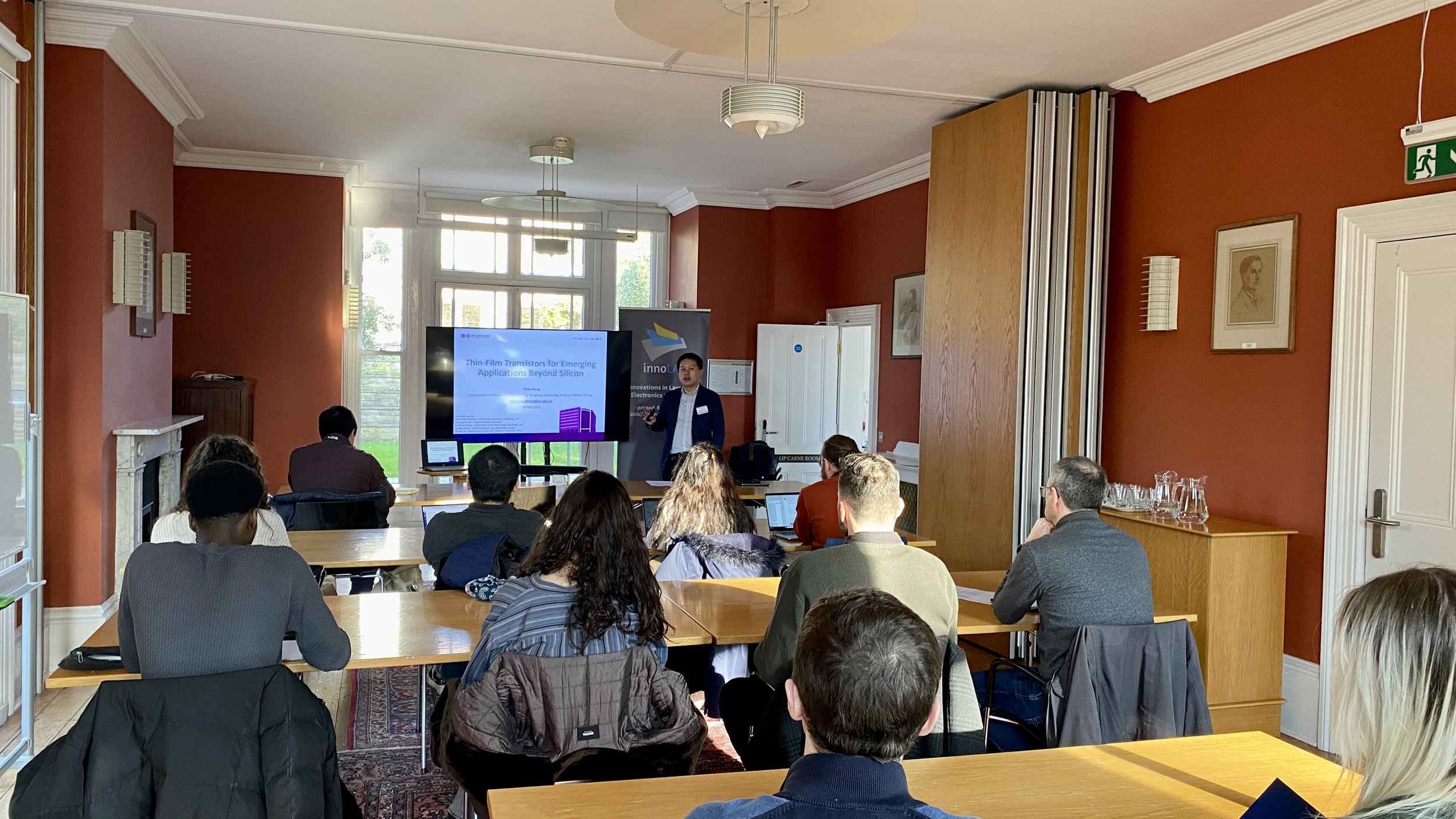Short Course - Contact-Controlled Transistors for Next-Generation Thin-Film Electronics
Monday 16 February 2026
Cripps Court Conference Centre, Magdalene College, Cambridge, UK
COURSE FOCUS
In celebration of the Field Effect Transistor’s 100th anniversary, this short course covers the yet-to-be-fully exploited contact-controlled thin-film transistors and their applications to emerging thin-film electronics.
Topics include the structure, operation, and application benefits of source-gated transistors (SGTs) and multimodal transistors (MMTs), in inorganic, organic, and low-dimensional semiconductors, supplementing measured results with insights from TCAD simulation. Important metrics will also be covered, as these differ notably from conventional figures-of-merit.
Conventionally, efforts are directed toward eliminating contact effects. However, in specific cases, using contact effects as the main control mechanism brings significant operational advantages to thin-film transistors and to circuits comprising such devices. With the maturing of recently emerged TFT technologies, such devices are rapidly becoming industrially viable, and interest in the community is growing (https://doi.org/10.1002/advs.202101473, https://iopscience.iop.org/article/10.1088/2399-1984/ad92d1/meta).
The session is addressed to early career and experienced researchers alike, its content spanning introductory concepts and challenging open-ended ideas. It will further provide opportunities to test comprehension via audience interaction with basic circuit examples.
Participants will gain new or deeper insights into emerging device architectures and their applications, sparking future innovation and collaboration.
COURSE OUTLINE
MONday 16 February 2026
13:00 – 13:30 Registration
13:30 Course begins
Source-gated transistors
Thin-film source-gated transistor structure and operation
Material-specific considerations (organic, oxide, thin-film silicon/LTPS)
Design rules, metrics, and pitfalls
Applications and bespoke circuits (voltage amplifiers, current mirrors, references, temperature sensors, display pixel circuits)
Multimodal transistors
Thin-film multimodal transistor structure and operation, as an evolution of source-gated transistors
Characterization protocols
Structure optimization and rules of thumb
Applications to display pixel circuits, or more generically, active matrix driving (amplitude and pulse width)
Applications to neuromorphic computing
17:00 Course ends
COURSE LEADER
Dr Radu Sporea, Associate Professor in Semiconductor Devices
University of Surrey, UK
Radu holds an EPSRC Early Career Fellowship (2021-2026). His research focuses on advanced thin-film transistors for improved manufacturability, large area sensors and sensor arrays for smart environments, and electronics for physical-digital interaction. Specifically, Radu’s team is collaborating with numerous international experts on innovations in thin-film transistor designs which deliberately rely on contact effects for their operation, such as source-gated and multimodal transistors.
Prior to the current position, Radu was RAEng Research Fellow (2011-2016), EPSRC PhD+ Fellow (2010-2011) and PhD researcher (2006 – 2010). Prior to his research career, Radu studied Computer Systems Engineering at “Politehnica” University, Bucharest, and worked as Design Engineer for Catalyst Semiconductor Romania on ultra-low-power CMOS analog circuits. Radu was named EPSRC Rising Star in 2014 and received the I K Brunel Award for Engineering in 2015, the Vice Chancellor’s award for Early Career Teaching in 2017, and the Tony Jeans Inspirational Teaching distinction in 2018. In 2021, he was a finalist for Innovator of the Year prize at Surrey.
Radu has been spearheading and catalysing community-building and education activities in the field, from fundamental research to applications. He has chaired and organised international conferences (ITC2022), symposia (SSBMOS2024, MRS-F23), and special sessions/tutorials/workshops (IMID2024, ESSDERC2023). He has given 35+ invited talks and 30+ invited seminars at top global institutions. Radu served as Chair of the IEEE EDS UK and Ireland Chapter (2022-24) and is IEEE EDS Distinguished Lecturer.


